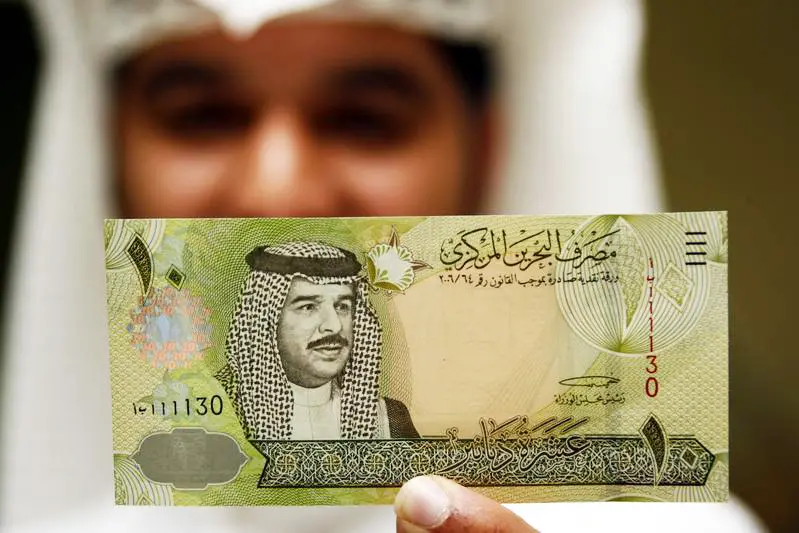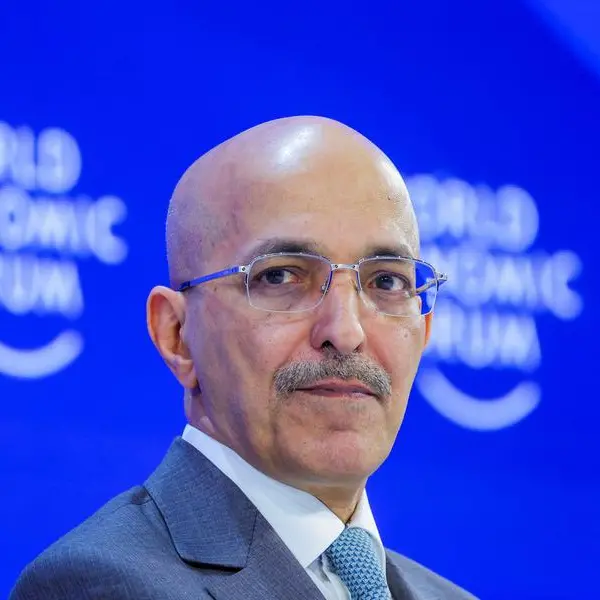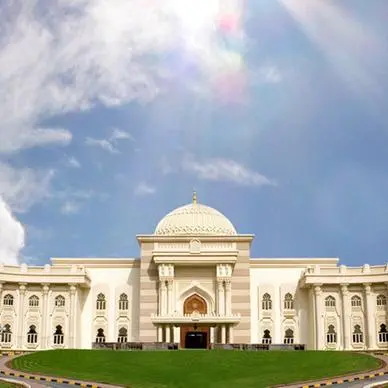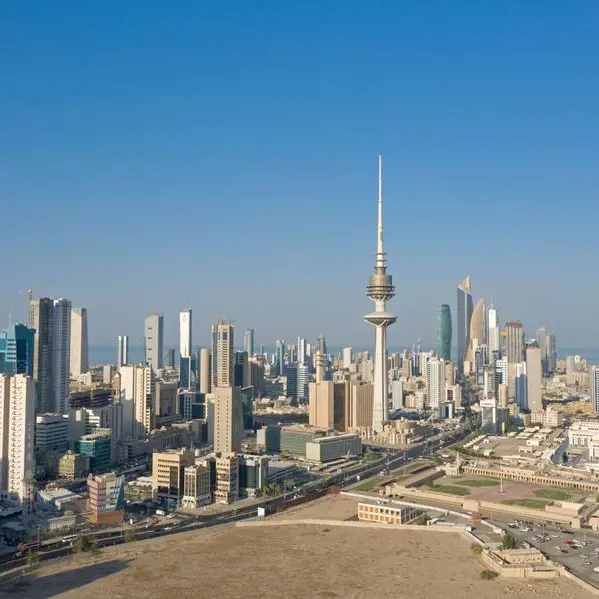PHOTO
The government was yesterday accused of being heavily dependent on oil and taxes from people to fund the national budget.
Khalid Bu Onk said during Parliament’s weekly session that MPs had the opportunity to approve diversified sources of income for the national budget, and claimed they had missed a golden opportunity following a phone call by a minister to several MPs.
He was referring to amendments to the 2006 Bahrain Tourism and Exhibitions Authority Set-up Law which would have obliged the authority to enter into companies by acquiring 50 per cent or more shares so it could control their boards besides contributing to the national budget.
The amendments presented by former MPs were rejected by a majority vote for “contravening financial and administrative independence”.
“Everyone knows the budget is dependent on oil and taxes from the people and MPs have voted against approving sources of revenues from tourism, other ministries and government bodies following phone calls by a minister,” said Mr Bu Onk.
He claimed the senior minister had called several MPs over the week to influence their decision to reject the legislation with promises that he would co-operate with them on proposals they have submitted, or would submit, regarding his ministry.
The outspoken MP added that he was not in contact with the minister as he had his own reservations over how things were being handled within the ministry.
Parliament Speaker Fouzia Zainal told Mr Bu Onk that since the tourism issue was rejected through a vote he should focus on some other legislation, such as amending the 2002 National Budget Law.
MPs have insisted on amendments to the budget law, which would oblige the Finance and National Economy Minister to present the national budget to the Cabinet in August, before its constitutional deadline of October.
It has been rejected by the Shura Council.Parliament financial and economic affairs committee chairman Mahmood Al Bahrani said concerns that the government wouldn’t be able to meet the deadline under certain circumstances should be dealt with exceptionally.
“We understand that the budget deadline could fall, say, during the time of general Parliament elections or when the four-year government action plan has not been approved; this is an unavoidable delay,” he said.
“It is unclear why the government wants to miss the deadline; the amendment we seek is organisational and gives us more time to negotiate, ensuring that the budget starts from January 1 as intended.”
Pointing out that the Finance and National Economy Ministry was not opposed to the concept, Parliament first vice-chairman Abdulnabi Salman stressed that drawing up the budget was a complex task.
© Copyright 2020 www.gdnonline.com
Copyright 2021 Al Hilal Publishing and Marketing Group Provided by SyndiGate Media Inc. (Syndigate.info).





















